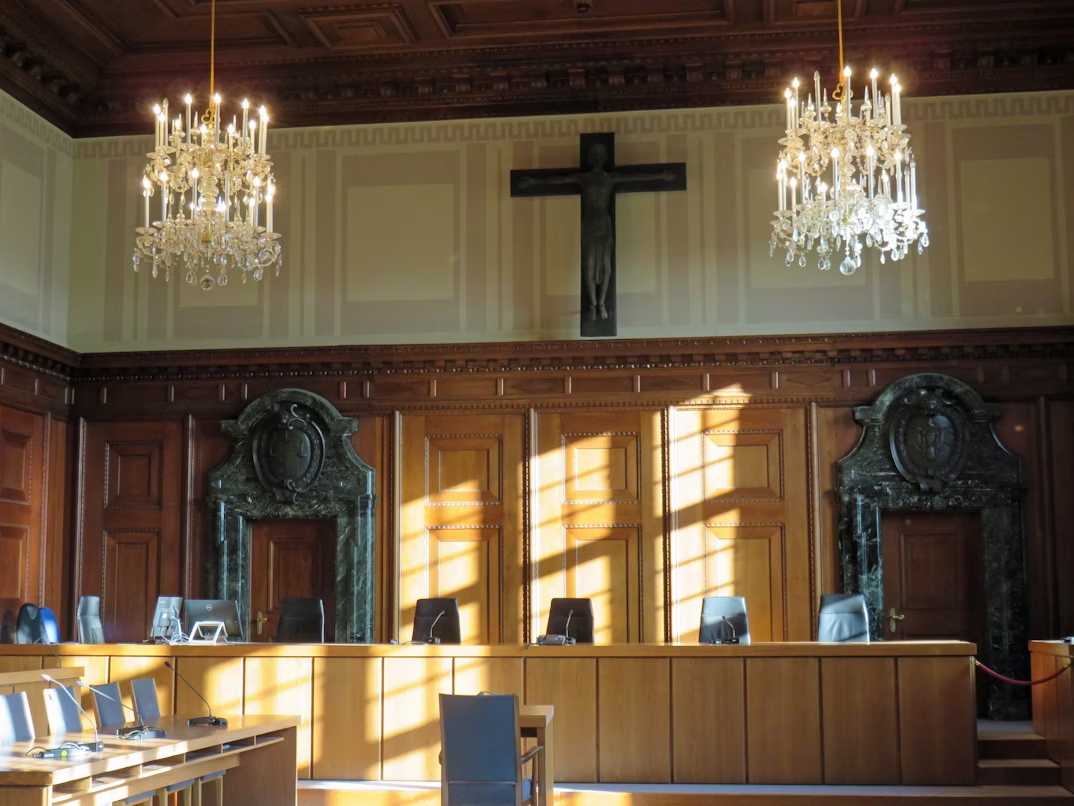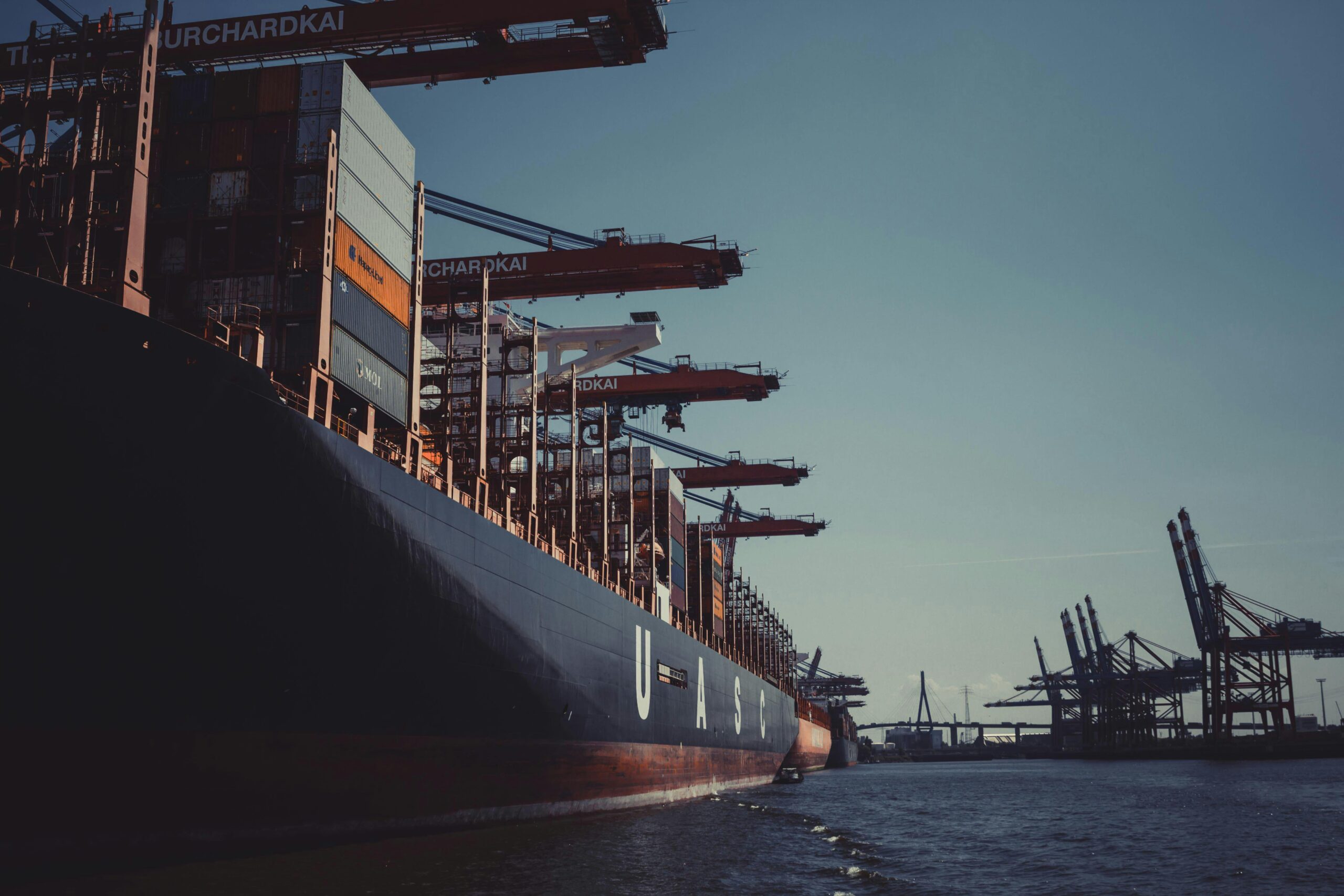On 26 May, Volterra Fietta hosted the virtual seminar on “All at sea? International law and the predicament of rising sea levels”.
Rising sea levels represents one of the most serious consequences of climate change, in particular for low-lying and small island States. By 2100, the Intergovernmental Panel on Climate Change predicts that global mean sea levels will rise between 0.43 metres and 0.84 metres. The predicament of rising sea levels presents a host of challenges for public international law. How will the law and practice of maritime boundary delimitation accommodate rising sea levels? As coastal geography changes in response to sea level rise and coastal erosion, should coastal States’ maritime entitlements change or remain fixed? What are the implications for the international law of Statehood, for small island States at risk of becoming inundated or rendered uninhabitable by rising sea levels? How might international human rights and refugee law evolve to grapple with such challenges? What State practice is emerging?
This seminar will address the various challenges that rising sea levels presents for public international law.
Our distinguished panel of speakers included:
Dr Snjólaug Árnadóttir is Assistant Professor at the Reykjavík University School of Law and a member of the International Law Association Committee on International Law and Sea Level Rise. She holds a PhD in public international law from the University of Edinburgh. Her research focuses on the law of the sea, law of treaties, international environmental law and climate law. Dr Árnadóttir is the author of the recently published Climate Change and Maritime Boundaries: Legal Consequences of Sea Level Rise (Cambridge University Press, 2021).
Professor Petra Butler is Professor and Acting Dean of Law at Victoria University of Wellington, New Zealand, and director of the Institute of Small and Micro States. The Institute provides independent expert advice and the placement of regional experts, as well as co-organising the annual Small States conference. Professor Butler is a fully qualified German and New Zealand lawyer. She is admitted as a barrister to the High Court of New Zealand and regularly advises private and public clients in her areas of expertise. Professor Butler is a visiting professor at the Universities of Navarra (Spain) and Bahir Dar (Ethiopia) and has held visiting positions on all five continents. She sits on advisory boards of a number of human rights NGOs.
Dr Rosanne Martyr-Koller is a senior scientist on coastal risk and adaptation at Climate Analytics. She works on the biophysical and socioeconomic impacts of climate change on the coasts of Small Island Developing States and adaptation strategies to those impacts. She has worked for over 10 years on projecting and analysing coastal flooding, interaction of coastal and inland waters, and the physical impacts of climate change on coastal communities and the water sector. Dr Martyr-Koller holds a PhD in Civil and Environmental Engineering from the University of Notre Dame, USA. Dr Martyr-Koller is from Saint Lucia and based in Munich, Germany.
This event will be moderated by Ms Angela Ha, Senior Associate at Volterra Fietta. Ms Ha is an Australian-qualified lawyer. She advises governments and private clients on a wide range of contentious and non-contentious public international law issues. She has acted for States before the International Court of Justice in cases involving maritime boundary delimitation and international human rights law. She regularly acts for both investors and States in investor-State arbitrations involving the energy, financial services, manufacturing, construction, mining and media sectors. Alongside her legal practice, Ms Ha has lectured in public international law, international investment law and international energy law at University College London and SOAS University of London.



